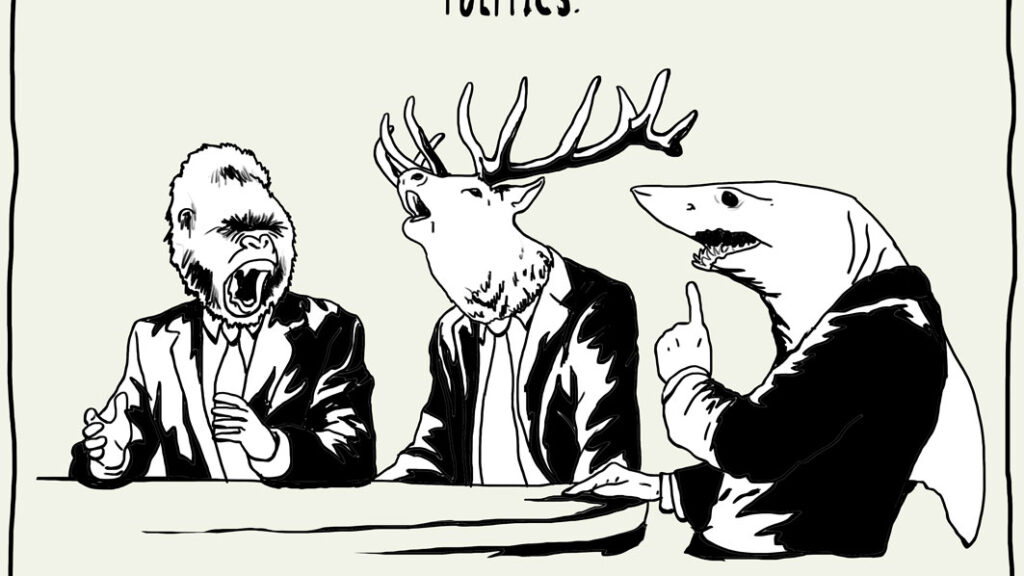When I began Happiness Is A Skill early in the pandemic, I imagined it as a space where I could freely share my tips and strategies for recovering from depression and antidepressant withdrawal. Sixty-eight issues later, I’ve decided it’s time to bring in other voices. As much as I’d love to pretend I have all the answers for everyone on the planet, the truth is that the first step to becoming a great teacher is being a great learner.
Happiness isn’t like riding a bike. You don’t learn it once and know it forever. It requires maintenance, and without practice, can slip away. When you return to it, weeks or years later, it can feel like you never learned it at all. I am deeply curious about how other people learned happiness, what techniques they’ve developed to keep themselves on track, and how they know they’re sliding off track in the first place.
I’ve reached out to a slew of people from all sorts of backgrounds. Even though we’re all in different situations, at the heart of it, I believe that depression and anxiety feels roughly the same for each individual, with varying degrees. If you’ve experienced either one, you know what it’s like to feel like your body is made of lead or for your heart to jump into your throat. You know what it’s like to lack motivation and curiosity, for the world to literally lose its color. You may not know how to recognize early patterns that signal an incoming bout of mania or melancholy, but learning to recognize those signals early is part of the practice.

This week, Jenny Blake (@jenny_blake), international keynote speaker and author shares her strategy for managing overwhelm—a feeling she is all too familiar with. After launching in 2016 as the top career pick by Axiom Best Business Books, Pivot: The Only Move That Matters Is Your Next One, by Jenny is now the go-to career development framework for forward-thinking organizations, pivoters, and entrepreneurs. Her next book, Free Time: Lose The Busywork, Love Your Business, tackles all that creates overwhelm in work and life: hustle culture, busywork, and overly-complicated systems.When asked to share a strategy to manage difficult or stressful times, Jenny said:
“As a highly sensitive introvert, sometimes the basics of family life—on top of running my own business—overwhelm me. I check my energy gauge to see if I feel like I’m drowning (as I did recently), treading water, or gliding and in flow. As much as I wish I could consistently be a good partner to my husband and dog mama to my two-year-old German shepherd within the constraints of my day-to-day and our WFH-household, sometimes I just need an escape. Booking a 3-night “staycation” or “workcation” in the city (I live in Manhattan) recharges me like nothing else. I know it’s not always financially feasible for everyone, and it can certainly feel like an excessive luxury (at first) to spend on room-and-board in one’s own city. But if I go into the trip with clear intentions (either deep rest, or deep work), I always come out with a renewed sense of self, feeling like it was a priceless investment.I got this idea from Cheryl Strayed and Maya Angelou, who said it was integral to their writing process.”
Two things stick out to me. First, Jenny stops to check in with herself before making any decision. Is she drowning, treading water, or gliding in the flow? Drowning signals a need to escape. Treading water is manageable, but it could also be a warning that an escape may be needed in the future. Gliding in the flow is calm, easy. All is well.
If she decides she’s drowning, she books a staycation and sets an intention. It’s not enough to mindlessly book a hotel and hope it works out. She creates a plan and sticks to it. After all, we can’t know if we’ve succeeded unless we’ve created parameters for success.
How could you take Jenny’s strategy and apply it to your own life? If a staycation isn’t on the menu, how about a solo hike or an overnight camping trip? Perhaps it’s about asking those around you for an hour a day, away from the kids. Or hiring someone to help you complete a project that’s been weighing on you, like cleaning the house or organizing the garage. Maybe the first step is simply asking for help.
Related resources:
- Pivot podcast — 250: Staycation in the City
- Free Time podcast — 018: Workcation in the City, 046: Time Margin—Are You Drowning, Treading Water, or Gliding?
More articles from the blog
see all articles
October 28, 2022







